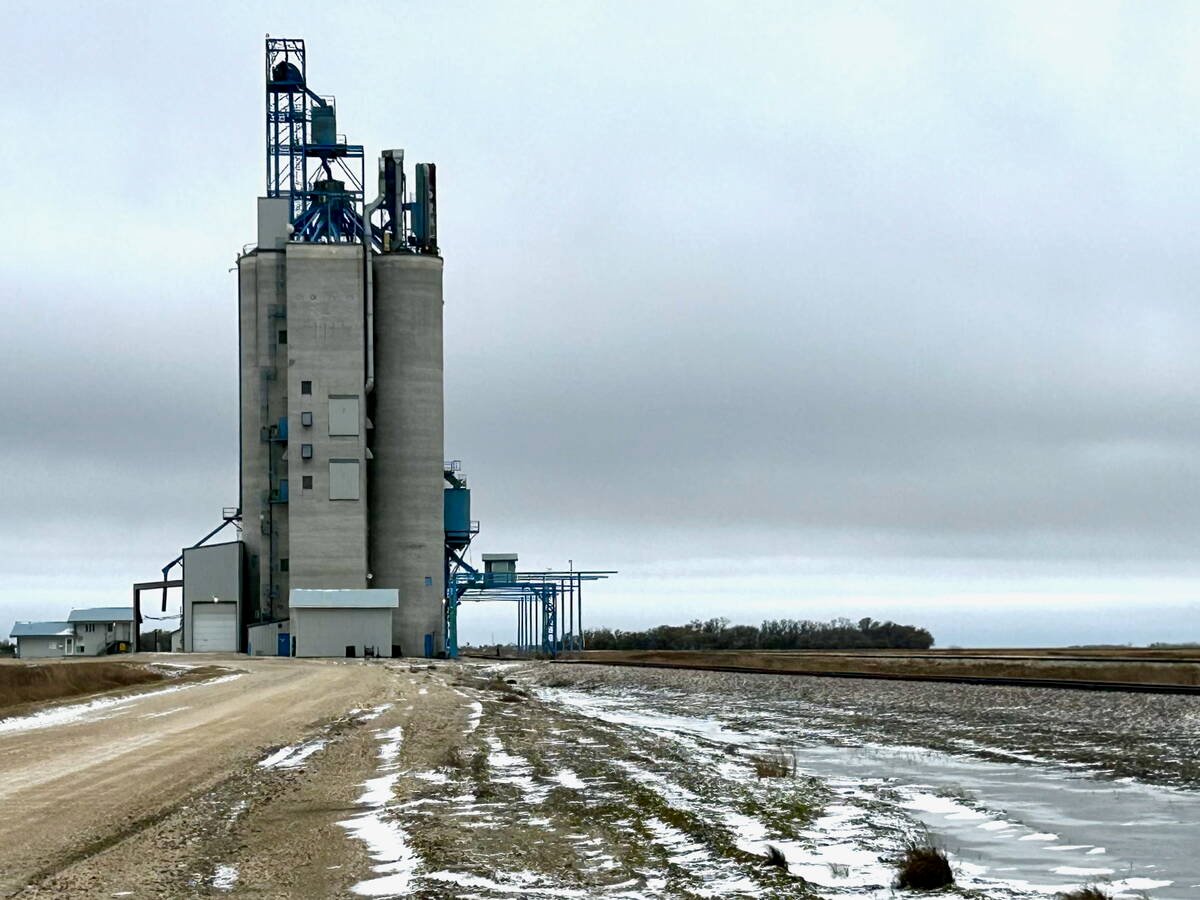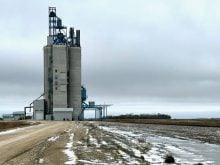SASKATOON (Staff) – Closures and cutbacks in Western Canada’s canola crushing industry reflect the new ownership of the industry, says a senior official with Canada’s largest oilseed crusher.
The industry was built largely by grain handling co-operatives, whose mission was to provide services to members and not necessarily make a profit every year.
But in recent years, U.S.-based multinationals have invested heavily in the canola industry, building new plants, taking over existing ones and getting involved in joint ventures.
For those companies, the only thing that counts is the bottom line, said Murray Davis, senior vice-president with CanAmera Foods.
Read Also

Manitoba grain elevator ownership expands
Carman-based Linear Grain buys Fannystelle elevator from Bunge, another three elevators sold to Morden’s BP & Sons Grain and Storage Inc.
“One thing people have to understand is that the companies now in Western Canada bear no resemblance to what was there years ago,” Davis said.
“You cannot tolerate putting up with (losses) for two, three, four, five years like what happened in the old days,” he said. “Now, when margins go bad or they’re unprofitable, we close them right down, that’s it, they’re gone.”
There are a lot of places for people to invest their money, and if the crushing industry isn’t producing a good return, it won’t be one of them, he said.
CanAmera is 50 percent owned by Manitoba Pool Elevators and Saskatchewan Wheat Pool, and 50 percent by Central Soya Canada, which is operated by a French company.














